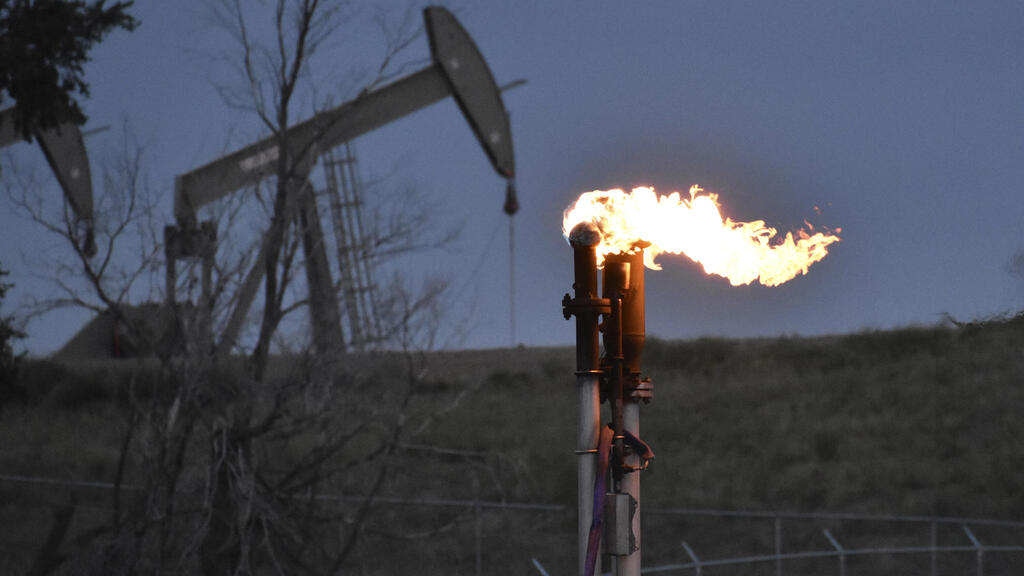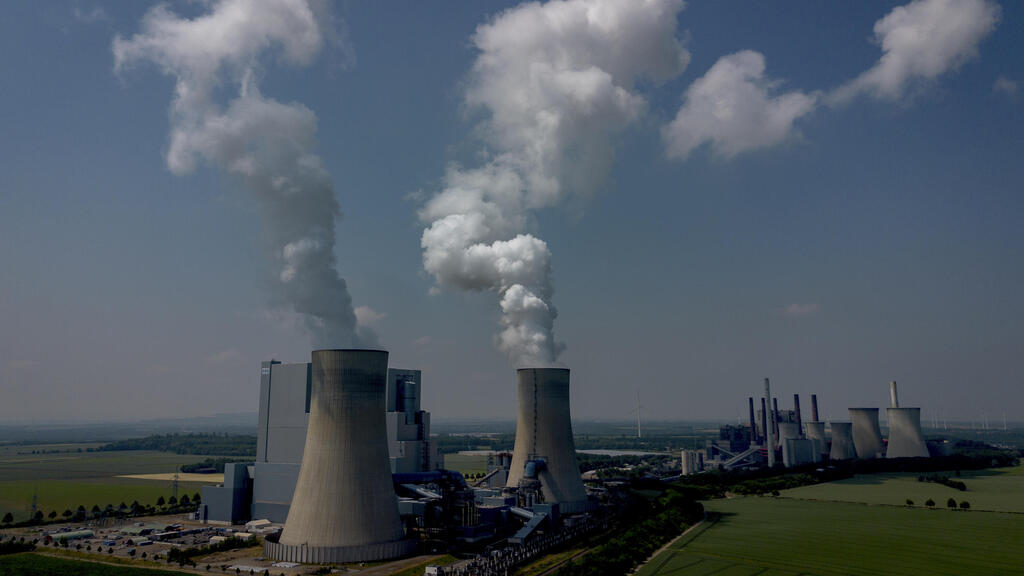Getting your Trinity Audio player ready...
Global warming from 1880 to 2020
(Video: NASA)
The annual Indicators of Global Climate Change report, published for the second year, reveals that human-induced warming has risen to 1.19°C over the past decade (2014-2023), up from 1.14°C measured between 2013 and 2022.
In 2023 alone, human activity caused warming to reach 1.3°C (total warming last year stood at 1.43°C), in addition to natural factors such as the El Niño climate phenomenon, making the past year the hottest in history.
The report also shows the remaining carbon budget as of early 2024 — the amount of carbon dioxide that can be emitted without surpassing the 1.5°C threshold compared to pre-industrial levels (as per the Paris Agreement signed in 2015) — is estimated to be between 100 and 450 gigatons, with a central estimate of 200 gigatons, equal to five years of emissions at current levels.
For comparison, the Intergovernmental Panel on Climate Change (IPCC) calculated that the remaining carbon budget in 2020 was between 900 and 300 gigatons, with a central estimate of 500 gigatons. Since then, carbon dioxide emissions have increased, along with the degree of global warming.
“Our analysis is designed to track the long-term trends caused by human activities. Our analysis shows that the level of global warming caused by human action has continued to increase over the past year, even though climate action has slowed the rise in greenhouse gas emissions. Global temperatures are still heading in the wrong direction and faster than ever before,” said Prof. Piers Forster from the School of Earth and Environment at the University of Leeds, one of the report's authors.
The alarming findings come as climate experts around the world meet in Bonn, Germany, to prepare for this year's climate conference in Baku, Azerbaijan (COP29), scheduled for November 11-22.
The IPCC is the authoritative source for scientific information on the state of the global climate, but since its next major assessment isn’t due until around 2027, this creates an "information gap" that must not be allowed in an era where climate indicators are changing so rapidly.
The new report, conjoining the work of over 50 researchers, was published in the Earth System Science Data journal and also on an accessible online platform that provides easy access to updated information on the main climate indicators examined.
Other key findings from the report indicate that human-induced warming is increasing at an unprecedented rate, reaching approximately 0.26°C per decade during the years 2014-2023, with a consistently high greenhouse gas emission rate of 53 billion tons of carbon dioxide per year.
These high levels of emissions also impact the Earth's energy balance, as ocean buoys and satellites track unprecedented flows of heat into the oceans, ice caps, soils, and atmosphere—one that’s 50% higher than the long-term average.
“Fossil fuel emissions are around 70% of all GHG emissions and clearly the main driver of climate change, but other sources of pollution from cement production, farming and deforestation and cuts to the level of sulfur emissions are also contributing to warming,” Prof. Foster explained, stressing that rapidly reducing greenhouse gas emissions will ultimately limit the level of global warming.
“At the same time, we need to build more resilient societies. The devastation wrought by wildfires, drought, flooding, and heat waves the world saw in 2023 must not become the new normal,” he added.
Experts hope the report’s alarming findings will accelerate the implementation of climate policy plans promised by decision-makers as part of the UN Framework Convention on Climate Change (UNFCCC) by 2025, aiming to successfully reduce polluting emissions and adapt to future climate impacts.







